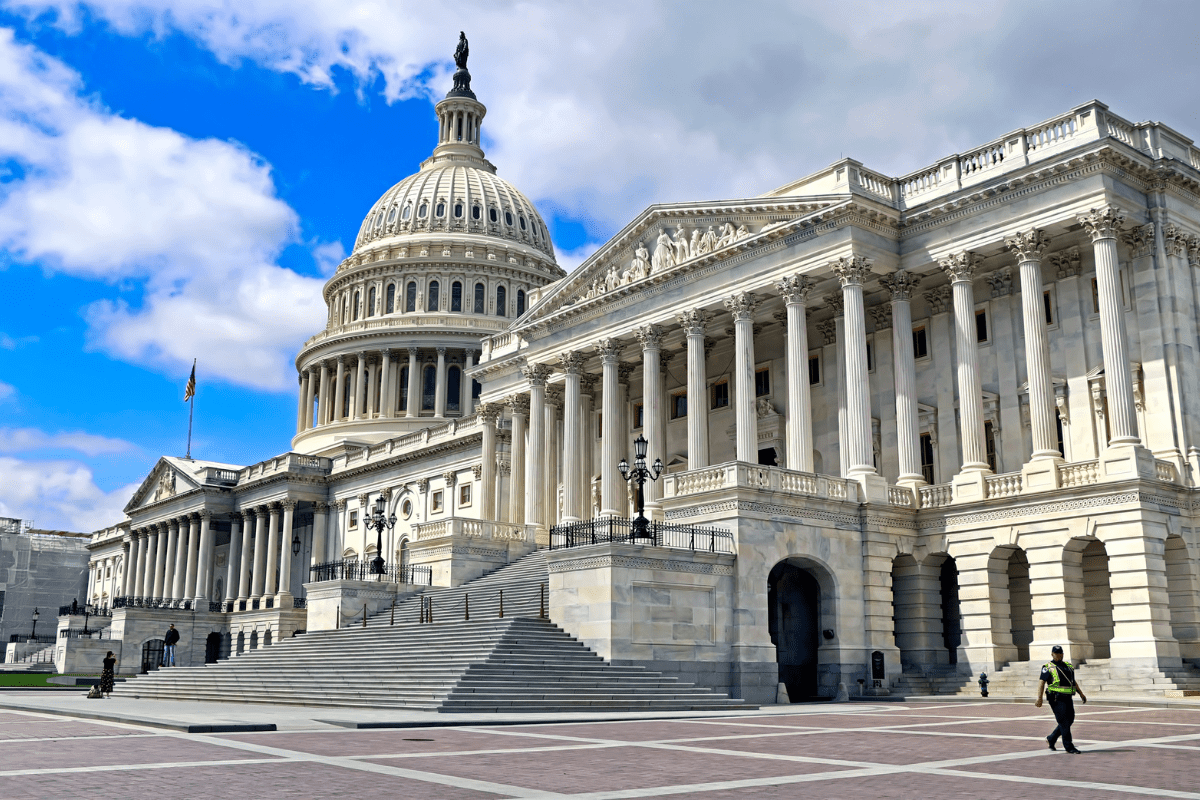New Fannie Mae Condo Requirements in Light of Florida Collapse
New Fannie Mae condo requirements seek to improve the real estate landscape. Overall, this move followed a condominium building collapse in Surfside, Florida.
To ensure stronger building conditions, Fannie Mae authorities sought to establish new rules prior to loan insurance. These requirements came into effect as January 1st, 2022. Fannie Mae instituted new eligibility guidelines for insured loans for condominium units and co-op apartments.
What are the New Fannie Mae’s New Condo Requirements?
With the introduction of the new Fannie Mae condo requirements, lenders seek additional information from condominium associations and co-ops. Notably, these insights directly pertain to the structural condition of a building. Furthermore, lenders need clarity on whether a building possesses “significant Deferred Maintenance.” In essence, this entails requiring a building evacuation in the event of large amounts of unattended building maintenance.
Specifically, this addresses buildings with “deficiencies, defects, substantial damage, or deferred maintenance” that impact the “safety, soundness, structural integrity, or habitability of the improvements”. In conclusion, this confronts buildings with unsafe conditions, forcing them to restore structural or mechanical elements so the building is “safe and sound functioning.”
Despite the new guidelines, there are two major exceptions. First, buildings don’t need to evacuate in the event of routine maintenance and repairs that an HOA undertakes to maintain building integrity and condition. Second, there is an exception for deferred maintenance isolated to just one unit (or a few) but which does not impact overall building “safety, soundness, structural integrity, or habitability of the improvements.”
Key Points for Condominium Owners, HOAs, and Boards
Under the Illinois Condominium Property Act, a response to these types of request is not required, but refusal to respond could put a delay on unit purchases by making it difficult for purchasers to acquire loans.
For building owners, maintaining strong records is absolutely pivotal. With Fannie Mae asking for good record-keeping, an organized system helps to expedite maintenance requests. As a starting point, property owners with consistent meetings, engineering reports, reserve studies, and repair records hold an advantage
Beyond that, staying within the new Fannie Mae condo requirements largely falls to accuracy and consistency. Not only does accurate information speed up loan issuance, but it also prevents legal penalties. On the consistency end, regular maintenance inspections and repairs mitigate large structural problems down the road.
Following the New Fannie Mae Condo Requirements
With the new Fannie Mae condo requirements, some condominium sales face wrinkles in financing opportunities. However, proper, efficient record-keeping goes a long way towards mitigating potential challenges down the road.
For legal guidance on Illinois residential and commercial real estate transactions, schedule an appointment with the attorney at Lee Scott Perres, P.C.


